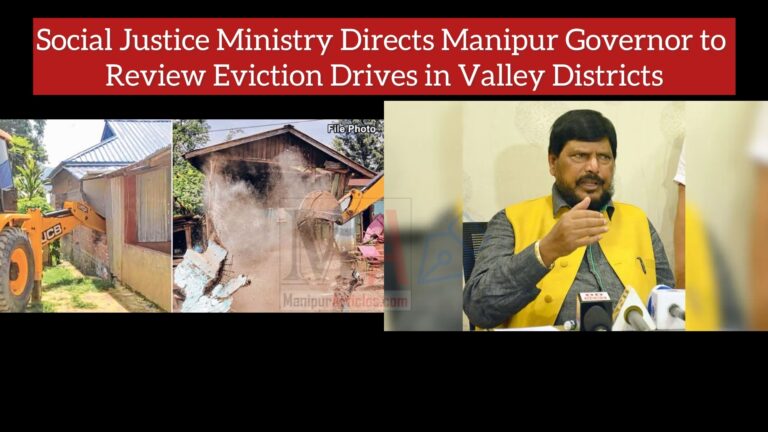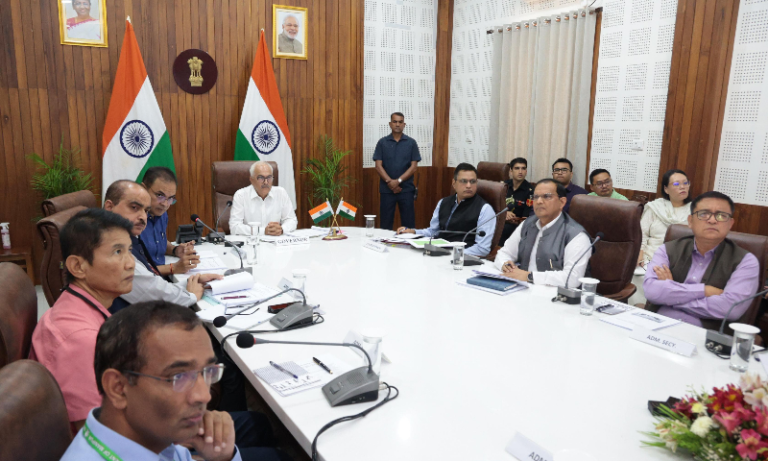Manipur Survivors Demand Justice for Jiribam Massacre: A Call for Accountability
Summary
Survivors of the harrowing Jiribam massacre in Manipur are demanding the death penalty for those responsible, particularly targeting Kuki militants accused of perpetrating the violence. The tragic incident claimed the lives of six individuals, including women and children. This outcry is set against a backdrop of heightened tensions and continued violence in the region, with the state government actively pursuing justice. Initiatives include seeking a National Investigation Agency (NIA) probe and declaring the militant group involved as an “unlawful organization” to strengthen legal action against them.
A Deep Dive into the Jiribam Massacre and Its Implications
The Incident that Shook Manipur
The Jiribam massacre was a grim reminder of the escalating violence in Manipur. On November 16, 2024, armed militants reportedly launched an attack, targeting police stations and local communities. Tragically, six civilians, including three women and three children, lost their lives in the assault. This incident not only left families grieving but also reignited demands for justice and accountability.
Government’s Swift Response
In response to the massacre, the Manipur government held an emergency cabinet meeting, where they condemned the killings in the strongest terms. Chief Minister Biren Singh assured the public that no stone would be left unturned in bringing the perpetrators to justice. The government resolved to label the militant group involved as an “unlawful organization,” a move that paves the way for freezing assets and curbing their activities.
The government also proposed a comprehensive investigation by the National Investigation Agency (NIA). This central probe aims to uncover the motives and connections behind the attack, ensuring a thorough and unbiased inquiry.
Community and Political Outcry
The massacre sparked outrage not only among survivors but also within the political and social spheres. Survivors and local leaders called for strict punishment, including the death penalty, for the militants involved. Political parties like the National People’s Party (NPP) joined the chorus, appealing to Union Home Minister Amit Shah for urgent intervention. They emphasized the need for peace-building efforts and community reconciliation to prevent further bloodshed.
Legal and Security Measures
The resolution to declare the Kuki militants as an “unlawful organization” is significant. It allows authorities to deploy stringent legal measures, such as freezing assets, restricting movements, and dismantling their networks. Additionally, security forces have intensified operations to prevent similar incidents, ensuring the safety of civilians in volatile regions.
Broader Impacts on Manipur’s Stability
The massacre underscores the fragile state of peace in Manipur. The violence disrupts ongoing peace talks with various ethnic groups, complicating efforts to address longstanding grievances. The government and civil society stress the importance of rebuilding trust among communities to foster sustainable peace.
The Path Forward
While legal and security actions are necessary, the road to peace in Manipur requires inclusive dialogue and reconciliation. Community-led initiatives, supported by the government, could play a pivotal role in healing the wounds inflicted by such tragedies. Building bridges between divided groups may help mitigate the cycles of violence.
FAQs
- What triggered the Jiribam massacre? The attack is part of ongoing ethnic and territorial tensions in Manipur, though investigations are underway to uncover the exact motives.
- What is being done to bring the perpetrators to justice? The Manipur government has sought an NIA probe and plans to declare the militant group as an “unlawful organization.”
- How has the local community reacted? Survivors and community leaders are demanding severe punishments, including the death penalty for the militants.
- What are the broader implications of this violence? It disrupts peace-building efforts and fuels distrust among ethnic groups in the region, making reconciliation more challenging.
- What role does the central government play in resolving the crisis? The central government, through agencies like the NIA, is expected to provide investigative support and coordinate security measures.




